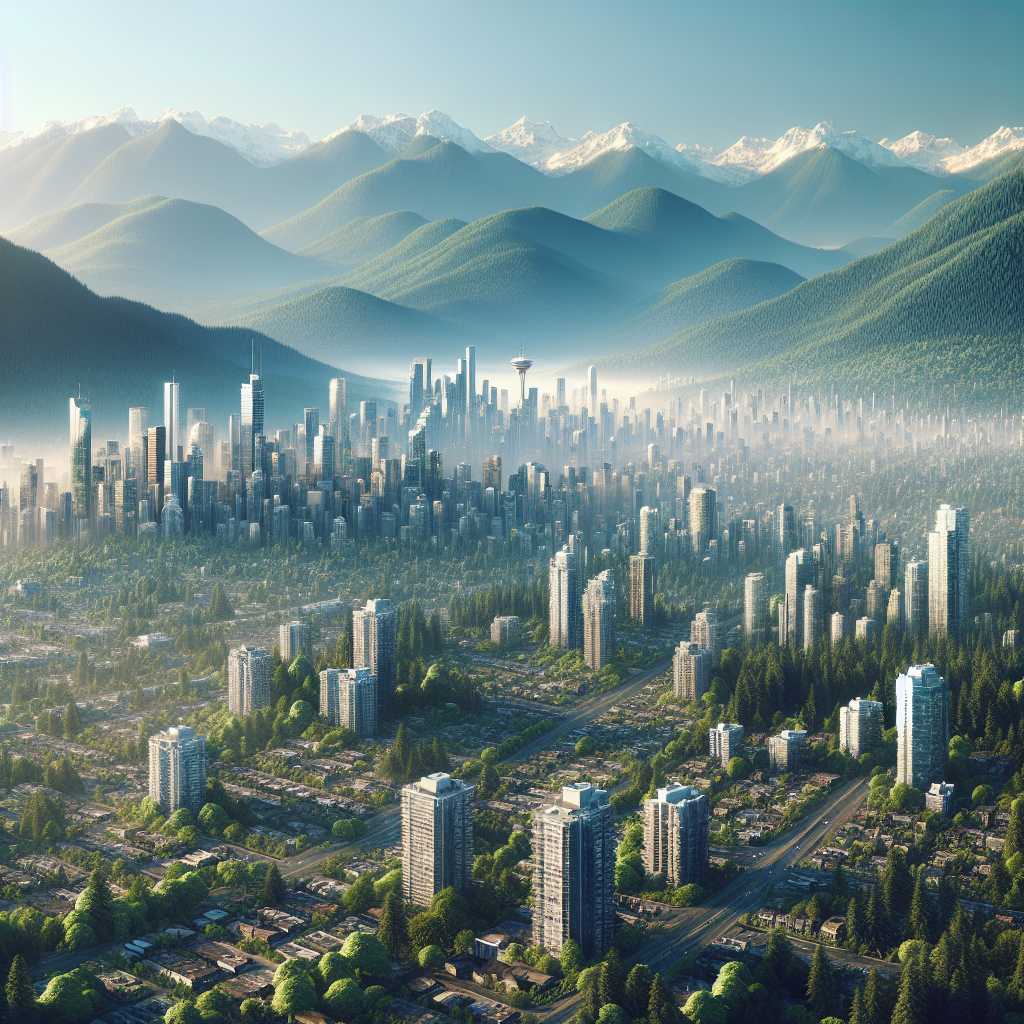Historical Context of Vancouver
Vancouver, located on the southwestern coast of Canada, has a rich and diverse history that predates its formal establishment. Initially inhabited by Indigenous peoples for thousands of years, the area was explored by European settlers in the late 18th century. The city was officially founded in 1886, often attributed to the arrival of the transcontinental railroad, which facilitated its rapid development into a prominent urban center. Over the years, Vancouver has evolved from a logging town to one recognized for its cultural diversity and economic significance.
The city’s name is derived from Captain George Vancouver, a British naval officer who explored the area during his expedition in 1792. His interactions with Indigenous tribes played a critical role in shaping early European perspectives of the region. Today, Vancouver honors this heritage through various cultural and educational institutions that celebrate Indigenous history and contribute to an ongoing dialogue about reconciliation.
Current Trends in Urban Development
Currently, Vancouver is at the forefront of urban development, focusing on sustainability and innovative architectural design. The city has faced challenges related to rapid population growth and housing affordability issues, prompting policymakers to prioritize more sustainable practices. Recent initiatives include increasing green spaces, promoting public transportation, and supporting mixed-use developments that combine residential, commercial, and recreational spaces.
Additionally, Vancouver’s commitment to environmental stewardship is evident in its infrastructure projects aimed at reducing carbon emissions. The city aims to be the greenest city in the world by 2025, emphasizing renewable energy usage and efficient waste management systems. This ambitious vision is reflected in policies encouraging eco-friendly building designs and investments in clean technology industries.
Cultural Landscape and Diversity
Vancouver is renowned for its cultural diversity, with over half of its population identifying as a visible minority. This cosmopolitan atmosphere is reflected through numerous festivals, restaurants, and cultural institutions that celebrate a variety of traditions from around the globe. Events such as the Vancouver International Film Festival and the Vancouver Folk Music Festival showcase this rich tapestry of cultural expression.
The arts scene flourishes thanks to various community organizations that promote local talent across visual arts, theater, and music. Neighborhoods like Chinatown and Punjabi Market are not only significant historical areas but also vibrant hubs for cultural exchange, providing visitors with authentic culinary experiences and insight into different cultural practices within the city.
Challenges Facing Vancouver
Despite its many strengths, Vancouver faces several challenges that may impact its future growth. Chief among these challenges is housing affordability; rising real estate prices have made it increasingly difficult for many residents to secure adequate living conditions. As Vancouver continues to attract both domestic and international migrants seeking opportunity, the demand for affordable housing has intensified, leading to policy debates regarding zoning laws and housing supply solutions.
Furthermore, environmental challenges such as climate change pose significant risks to coastal cities like Vancouver. The potential for rising sea levels affects urban planning efforts and necessitates robust infrastructure adaptations. Local governments are working diligently to address these issues through comprehensive planning while balancing economic growth with environmental sustainability.
Future Outlook: Vancouvers Growth Potential
Looking ahead, Vancouvers potential for growth remains significant as it continues to attract global talent and investment opportunities. The city’s strategic location as a gateway between North America and Asia positions it uniquely for trade relations and international business ventures. Furthermore, ongoing investments in technology sectors highlight a shift towards innovation-driven industries that could diversify the economy beyond traditional resources.
Additionally, civic leaders are engaging citizens in dialogues about future development plans underlining community involvement as critical in shaping policies that address both socio-economic disparities and sustainable practices. As urbanization trends continue to evolve post-pandemic, Vancouver seeks not only to adapt but also to lead by example in creating an inclusive environment responsive to all residents’ needs.
Notes
- Vancouver is home to over 631,000 residents within the city limits as of 2021.
- The area has seen a population growth of approximately 7% between 2016-2021.
- In 2020, approximately 40% of residents identified as part of a visible minority group.
- Vancouver ranks as one of the most livable cities globally according to the Economist Intelligence Unit’s index.
- The city’s Greenest City Action Plan aims for zero emissions by 2050.
- More than 250 languages are spoken across Metro Vancouver.
- Vancouver’s housing prices have increased by over 25% since 2019.
tQmnx

